Ludwigsburger Schlossfestspieler, Michael Hoffstetter - Cimarosa: Gli Orazi e I Curiazi (2007)
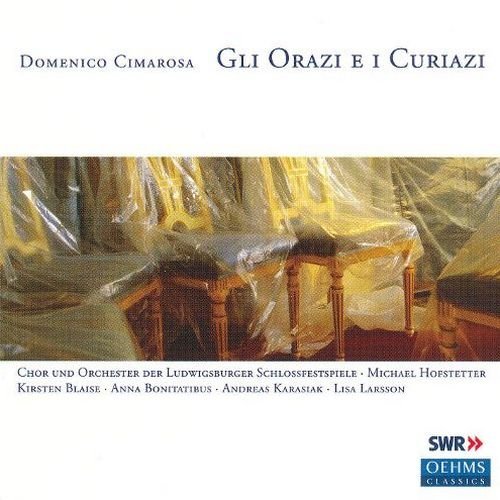
Artist: Ludwigsburger Schlossfestspieler, Michael Hoffstetter
Title: Cimarosa: Gli Orazi e I Curiazi
Year Of Release: 2007
Label: Oehms Classics
Genre: Classical
Quality: FLAC (tracks+.cue,log,scans)
Total Time: 70:15 + 79:59
Total Size: 821 Mb
WebSite: Album Preview
Tracklist: Title: Cimarosa: Gli Orazi e I Curiazi
Year Of Release: 2007
Label: Oehms Classics
Genre: Classical
Quality: FLAC (tracks+.cue,log,scans)
Total Time: 70:15 + 79:59
Total Size: 821 Mb
WebSite: Album Preview
CD 1:
1 Gli Orazi e i Curiazi, Act I: Act I: Overture
by Orchester der Ludwigsburger Schlossfestspiele 7:30
2 Scene 1: Aria: L'alto genio di Roma nascente (Sacerdote, Augure, Sabina, Chorus)
by Daniel Sütö 8:21
3 Scene 2: Aria: Serbate, eterni Dei (Sabina, Publio Orazio)
by Lisa Larsson 6:13
4 Scene 3: - (Marco Orazio, Curiazio, Orazia, Chorus)
by Andreas Karasiak 7:14
5 Scene 4: Aria: Quelle pupille tenere (Orazia, Curiazio, Marco Orazio)
by Kirsten Blaise 9:01
6 Scene 5: Aria with Choir: Se alla patria ognor donai (Publio Orazio, Sabina, Marco Orazio, Chorus)
by Florian Mock 10:26
7 Scene 6: - (Sacerdote, Chorus)
by Daniel Sütö
2:58
8 Scene 7: Duet: Ti giura il labbro e il core (Orazia, Curiazio, Marco Orazio, Sabina)
by Kirsten Blaise 7:50
9 Scene 8: Terzet - Finale I: Quando nel campo (Marco Orazio, Curiazio, Augure)
by Andreas Karasiak 10:37
CD 2:
1 Act II Scene 1: Duet: Se torni vincitor (Orazia Curiazio)
by Kirsten Blaise 12:14
2 Scene 2: - (Marco Orazio, Curiazio, Publio Orazio, Sabina, Orazia, Chorus)
by Andreas Karasiak 4:58
3 Scene 3: Aria: Se pieta nel cor serbate (Augure, Orazia, Marco Orazio )
by Tobias Schabel 9:21
4 Scene 4: Aria with Choir: A versar l'amato sangue
by Anna Bonitatibus 32:15
5 Scene 5: - (Orazia)
by Kirsten Blaise 1:59
6 Scene 6: Due: Svenami ormai, crudele (Orazia, Marco Orazio, Chorus)
by Kirsten Blaise 15:22
7 Gli Orazi e i Curiazi, Act II: Act II Scene 7: Finale II: Numi, se giusti siete (Orazia, Marco Orazio, Sabina, Publio Orazio, Chorus)
by Kirsten Blaise 3:45
Performers:
Florian Mock, Publio Orazio
Andreas Karasiak, Marco Orazio
Anna Bonitatibus, Curiazio
Kirsten Blase, Orazia
Lisa Larsson, Sabina
Tobias Schabel, Augure
Daniel Istvan Sütö, Sacerdote
Ludwigsburger Schlossfestspieler (Period Instruments)
Michael Hoffstetter, conductor
Domenico Cimarosa, one of the most prominent composers of opera seria and opera buffa in the generation before Rossini, wrote almost 50 operas, but today his comedy Il matrimonio segreto is the only one to remain even on the fringes of the standard repertoire. Gli Orazi e i Curiazi, which Cimarosa set to an odd and inert libretto, tells a kind of Romeo and Juliet story in which two pairs of lovers are threatened because their countries are at war. When the victor returns from the conflict, having killed his sister's beloved, she accuses him of murder, so he stabs her to death and the crowds acclaim him as a hero. Cimarosa's music fits the Classical model to a T, and the forms, the harmonic structures, the orchestration, and the melodic patterns are Mozartian, but taken as a whole the opera would not be mistaken for Mozart. The gorgeous duet "Se torni vincitor" illustrates why. The lovers are about to be separated and the text gives voice to their confusion about their conflicting loyalties and their vacillating feelings of love and resentment and fear. The music, however, is unfailingly pleasant and rapturously beautiful -- it sounds entirely like a love duet. When Mozart was confronted with librettos with so much emotional complexity, he was able to write beautiful music that communicated the ambiguity of the characters' feelings. A more egregious example of Cimarosa's lack of dramatic sense is his handling of the climactic scene of Orazia's murder, which concludes the opera. It lasts less than four minutes, and involves so much cheerful music that, without following the libretto, it would be impossible to know that anything of consequence had occurred onstage. Musically, Cimarosa's opera is very attractive, but it's clear why it hasn't held the operatic stage. Michael Hofstetter leads the Chorus and Orchestra of the Ludwigsburger Schlossfestspiele in a lively and idiomatic performance. The soloists are never less than adequate, but the casting is uneven, and the spectacular singing and dramatic characterizations of soprano Kirsten Blaise and mezzo Anna Bonitatibus put them in an entirely different league from the rest of the soloists. The recording is taken from a live performance, and there are the standard stage sounds (which actually contribute to sense of the drama), but the sound quality is generally bright and deep.
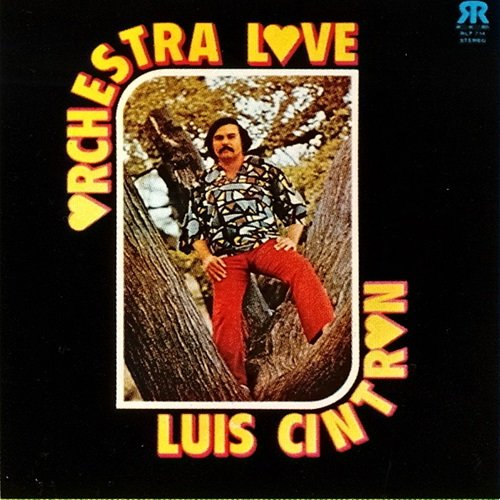
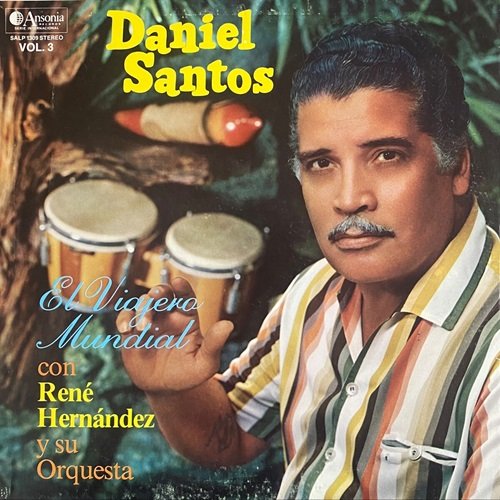
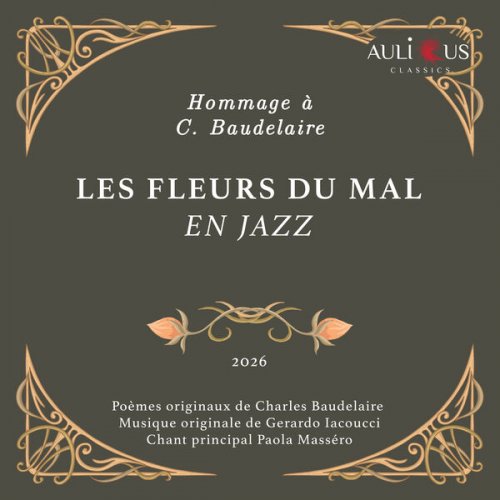
![Herminio Bello De Carvalho - Hermínio Bello de Carvalho 90 (2026) [Hi-Res] Herminio Bello De Carvalho - Hermínio Bello de Carvalho 90 (2026) [Hi-Res]](https://img.israbox.com/img/2026-03/01/7d9otuo4k41izuhqy3mc75spu.jpg)
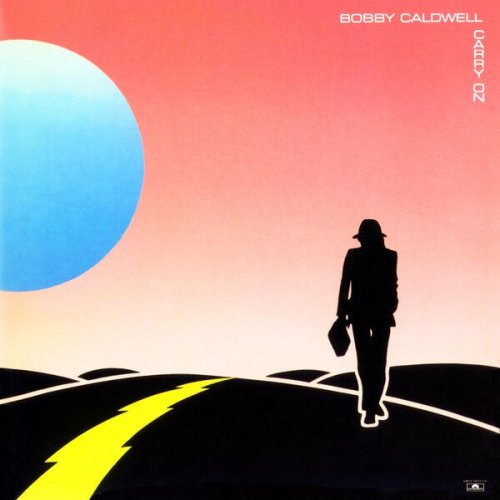

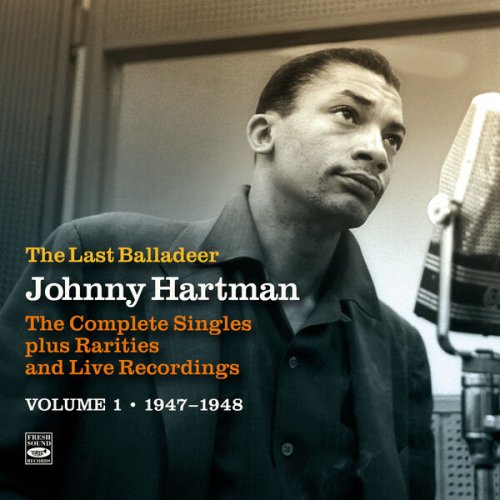
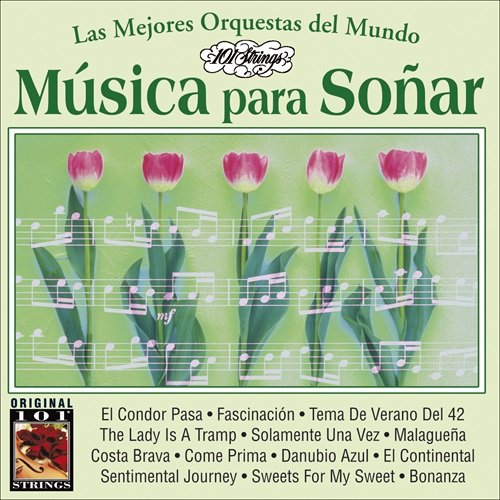
![Wes Montgomery - Full House (Remastered 2026 / Live At Tsubo / 1962) (1962) [Hi-Res] Wes Montgomery - Full House (Remastered 2026 / Live At Tsubo / 1962) (1962) [Hi-Res]](https://www.dibpic.com/uploads/posts/2026-02/1772124946_cover.jpg)